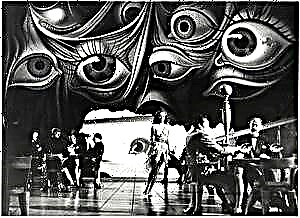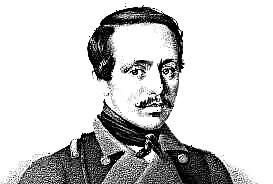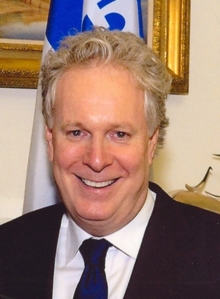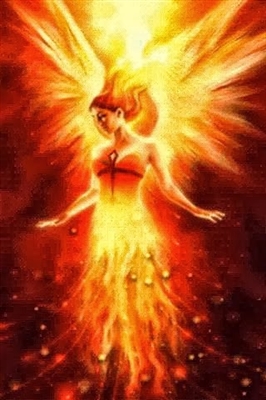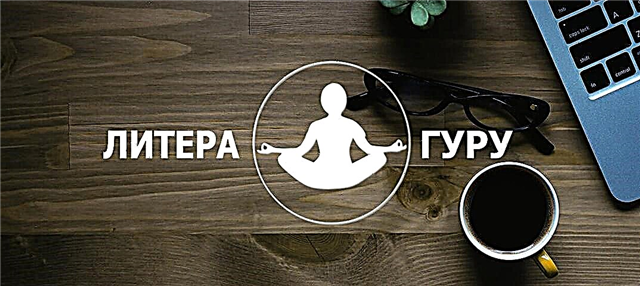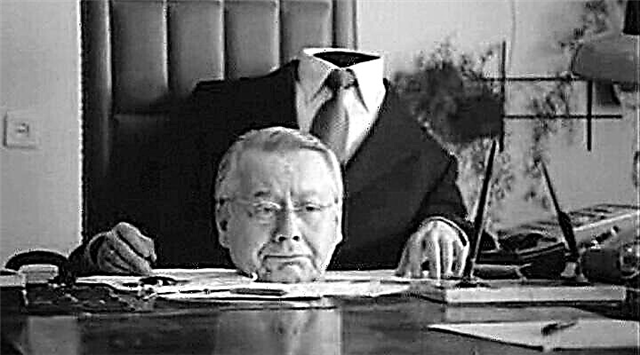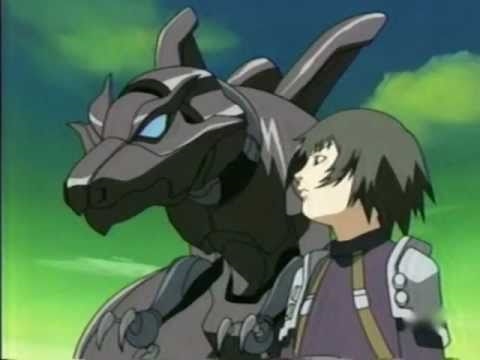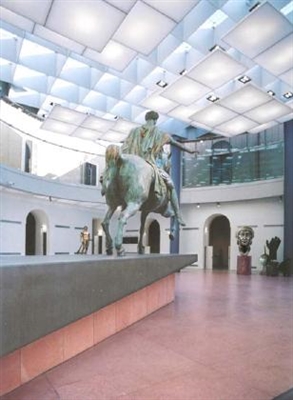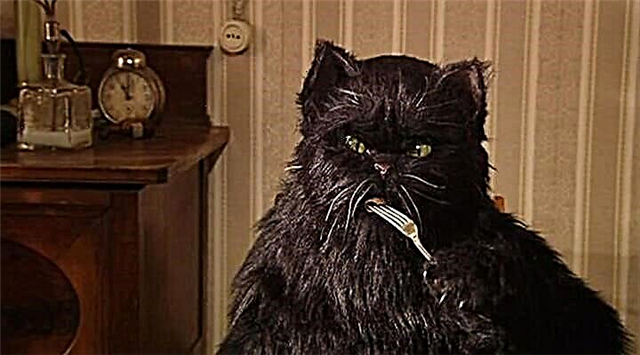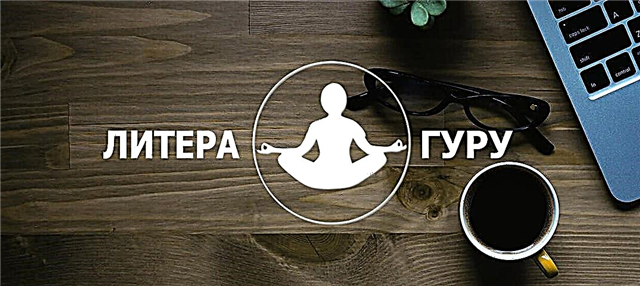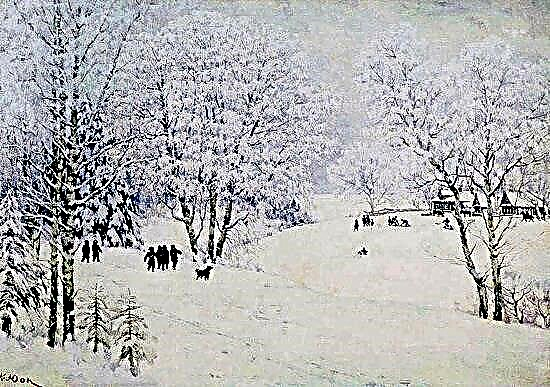Vitaly Kartsev, a Russian emigrant writer living in Munich, was given the opportunity to be in Moscow in June 1982.
Preparing for the trip, Kartsev met his classmate Leshka Bukashev. Bukashev made a career in the USSR through the KGB. It seemed that their meeting was not accidental and that Bukashev knew about Kartsev’s unusual trip.
In the midst of the training camp, another old Moscow friend Leopold (or Leo) Zilberovich phoned Kartsev and ordered him to go immediately to Canada.
Zilberovich called on behalf of Sim Simych Karnavalov. At one time, it was Leo who discovered Karnavalov as a writer. Sim Simych, a former convict, then worked as a stoker in a kindergarten, led an ascetic lifestyle and wrote from morning to night. He conceived the fundamental work “The Big Zone” in sixty volumes, which the author himself called “blocks”. Soon after Karnavalov was "discovered" in Moscow, he began to print abroad and instantly gained fame. All Soviet power - the police, the KGB, the Writers' Union - entered into a struggle with him. But they could not arrest him, they could not send him away: remembering the story of Solzhenitsyn, Karnavalov turned to the whole world with a request not to accept him if the "swallowers" (as he called the Communists) forced him out. Then the authorities had no choice but to push him out of the plane that flew over Holland. In the end, Sim Simych settled in Canada in his own estate, called Otradnoye, where everything was done in the Russian way: they ate cabbage soup, porridge, women wore sundresses and scarves. The owner himself memorized Dahl’s dictionary for the night, and in the morning he rehearsed a ceremonial entry into Moscow on a white horse.
Kartsev Karnavalov ordered to take to Moscow thirty-six ready-made “blocks” of the “Big Zone” and a letter to “Future Rulers of Russia”.
And Kartsev went to Moscow of the future. The first thing he saw on the pediment of the airport terminal was five portraits: Christ, Marx, Engels, Lenin ... The fifth one somehow looked like Lesha Bukashev.
Passengers who arrived with Kartsev were quickly loaded into the armored personnel carrier by people with machine guns. Kartseva fighters did not touch. He was met by another group of soldiers: three men and two women who introduced themselves as members of the anniversary Pentagon. It turned out that the Pentagon was commissioned to prepare and celebrate the centennial of the writer Kartsev, since he is a classic of preliminary literature, whose works are studied in precincts (enterprises of communist education). Kartsev understood absolutely nothing. Then the ladies who met gave Kartsev some further clarification. It turned out that as a result of the Great August Communist Revolution, carried out under the leadership of Genialissimus (abbreviated rank, since their General Secretary has the military rank of Generalissimo and differs from other people in his comprehensive genius), it became possible to build communism in one particular city. It became MOSCOREP (former Moscow). And now the Soviet Union, being generally socialist, has a communist core.
To implement the program of building communism, Moscow was surrounded by a six-meter fence with barbed wire from above and was guarded by automatic firing installations.
Going into the room (the office of natural consignments, where I had to fill out a form for “handing over the secondary product”), Kartsev got acquainted there with a newspaper printed in the form of a roll. I read, in particular, the decree of Genialissimus on renaming the Klyazma River into the Karl Marx River, an article on the benefits of frugality and much more in the same way.
The next morning, the writer woke up at the Kommunisticheskaya Hotel (formerly the Metropol) and down the stairs (the sign "The lifting needs were temporarily not met" hung on the elevator) went down into the courtyard. It smelled like it was in need. In the courtyard there was a line to the kiosk, and the people standing in it were holding cans, pans and night pots. “What do they give?” - asked Kartsev, “They don’t give, but surrender,” the short-legged aunt replied. - How is that? Shit is being handed over, what else? ” A poster hung on the kiosk: "Whoever hands over the secondary product is well supplied."
The writer walked around Moscow and was constantly surprised. On Red Square there was no St. Basil's Cathedral, a monument to Minin with Pozharsky and the Mausoleum. The star on the Spasskaya Tower was not a ruby, but a tin, and the Mausoleum, as it turned out, was sold to some oil tycoon along with the one who was lying in it. People in military clothes walked along the sidewalks. The cars were mostly steam and gas generating, and more were armored personnel carriers. In short, a picture of poverty and decline. I had a bite to eat at the pre-industrial complex (communist food company), on the facade of which a poster hung: “Whoever sells the product is secondary, he eats excellent.” The menu included cabbage soup "Swan" (from quinoa), vegetarian pork, kissel and natural water. Kartsev could not eat pork: being the primary product, it smelled almost like a secondary product.
On the site of the restaurant "Aragvi" was placed the state experimental public house. But there the writer was disappointed. It turned out that for customers with common needs provided self-service.
It gradually became clear that the supreme Pentagon established increased needs for Kartsev, and the places where he accidentally fell were intended for the communes of common needs. The regime partly favored him because Genialissimus really turned out to be Leshka Bukashev.
Everywhere Kartsev visited, he met the word "SIM" written on the walls. These inscriptions were made by the so-called simites, that is, opponents of the regime, waiting for the return of Karnavalov as king.
Karnavalov did not die (although the time machine threw Kartsev sixty years ahead), he was frozen and stored in Switzerland. The communist rulers began to explain to Kartseva that art does not reflect life, but transforms it, or rather, life reflects art, and therefore he, Kartsev, must delete Karnavalov from his book. At the same time, they gave the author to read this very book of his, written by him in the future and therefore not yet read to him (and even unwritten).
But the writer was resistant - he did not agree to cross out his hero. In the meantime, scientists thawed Karnavalov, he solemnly drove to Moscow on a white horse (the population and troops brutalized from poverty, freely passed over to him, simultaneously executing the swallowers by lynching) and established a monarchy in the territory of the former Soviet Union, including Poland, Bulgaria and Romania in as provinces. Instead of mechanical means of transportation, the new monarch introduced live draft power, and replaced science with the study of the Law of God, the dictionary of Dahl and the "Big Zone". He introduced corporal punishment, ordered men to wear beards, and women - God-fearing and modesty.
The writer Kartsev flew to Munich in 1982 and sat down to compose this book there.

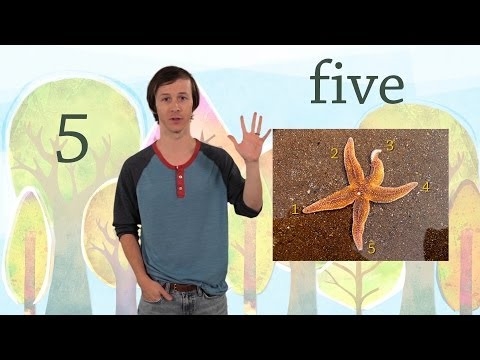 Slaughterhouse Five
Slaughterhouse Five